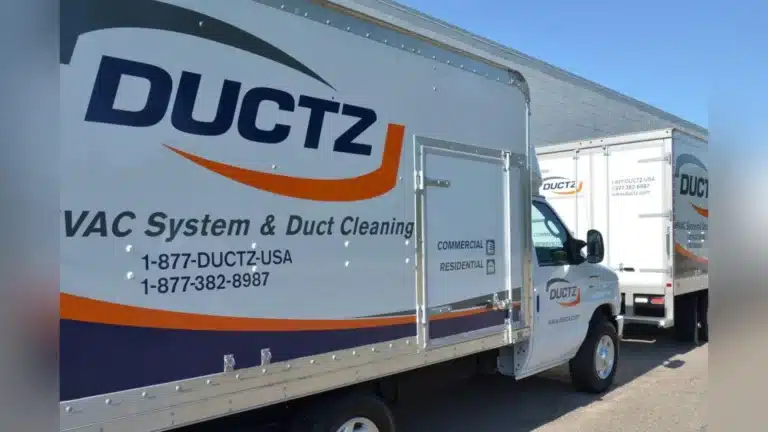Estimated Initial Investment
One of the fees that a franchisee pays when entering into a franchise agreement is the estimated initial investment (also referred to as “initial investment” or “required investment”).
The initial investment cost is a sum of money that a franchisee must fund upfront to pay for startup costs when opening their franchise (for example a restaurant, a gym, a salon, etc.). It typically includes expenses such as:
- Initial Franchise fee: This is the initial fee that the franchisee pays to the franchisor to obtain the right to use the franchisor’s brand name, products, and business model.
- Real estate: If the franchise requires a physical location, the franchisee may need to purchase land and/or lease commercial real estate. If the franchisees do not buy but decide to lease instead, they would typically be required to pay a lease deposit usually equivalent to 3 months of rent.
- Equipment and supplies: This includes costs associated with buying or leasing equipment, fixtures, and supplies necessary to run the franchise.
- Training expenses: the franchisor typically provides a training (can be a few weeks or a few days) to the management team as well as the employees. This training program must be paid for by the franchisee
- Legal and accounting fees: Franchisees may need to hire legal and accounting professionals to help them navigate the franchise agreement and set up their business.
- Initial inventory: Franchisees may need to purchase an initial inventory of products or supplies to get started.
The initial investment cost can vary widely depending on the franchise, the location, and other factors. It’s important for prospective franchisees to carefully review the franchisor’s disclosure documents and financial statements to fully understand the costs associated.



